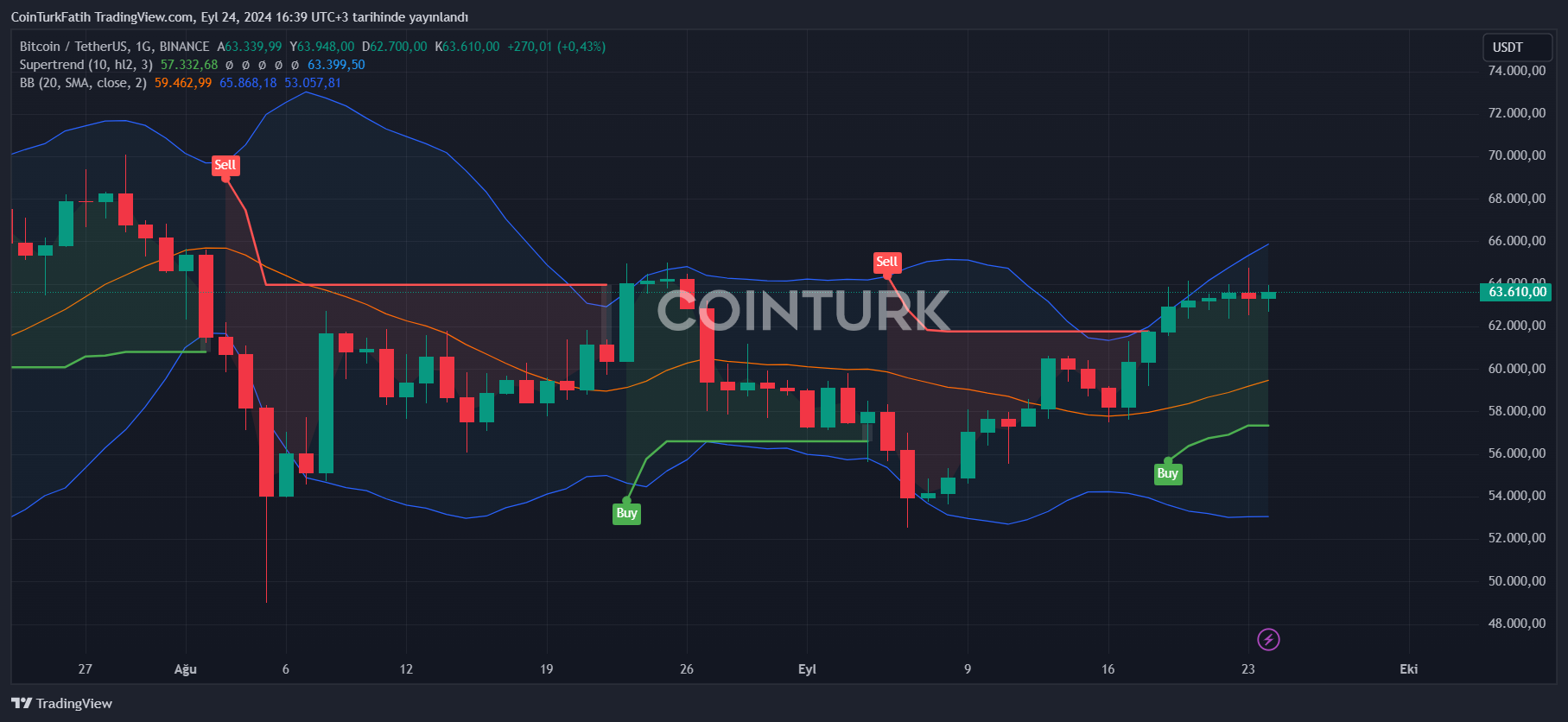This year, following interest rate cuts by the European Union, Canada, and several other central banks, the Federal Reserve followed suit. Today, China lowered its benchmark interest rate from 1.7% to 1.5%. These measures are not limited to this; more actions are being taken to invigorate the real estate market. What effect will this have on cryptocurrencies?
China’s Interest Rate Cuts and Stimulus
The Governor of the People’s Bank of China, Pan Gongsheng, announced today that banks will cut their reserve requirements by 50 basis points and further decrease key interest rates to support price recovery. The seven-day repo rate has been reduced by 0.2 points to 1.5%. Deposit and other interest rates are expected to decline accordingly.
China’s economic management has announced the most significant incentives since the pandemic began, recognizing the issues at hand. As a result, we are witnessing a stimulus package with a stronger focus on the real estate market. Reducing the down payment requirement for all types of housing to 15% could help distressed real estate companies clear their inventories. This will also facilitate more liquidity into the economy.
The reduction in borrowing costs first showed its effects in the stock market, reaching the highest levels in recent quarters. The yuan has also reached a 16-month high against the dollar.
The 50 basis point cut in reserve requirements will open a credit space of $142 billion for banks to issue new loans. Depending on liquidity needs, further cuts may also be made in the future.
Possible Effects on Cryptocurrencies
Just as the Fed’s interest rate decision is crucial for cryptocurrencies, so too is China’s decision. It appears that global liquidity is expanding, and as a result, the increased supply of money is significant for risk markets, including cryptocurrencies. The drop in interest rates in China and other regions will support the anticipated rise in cryptocurrencies in the last quarter.

Additionally, with this latest move, the ongoing demand for cryptocurrencies based in the U.S. is likely to strengthen in Asia, benefiting the bulls in the market.

 Türkçe
Türkçe Español
Español









